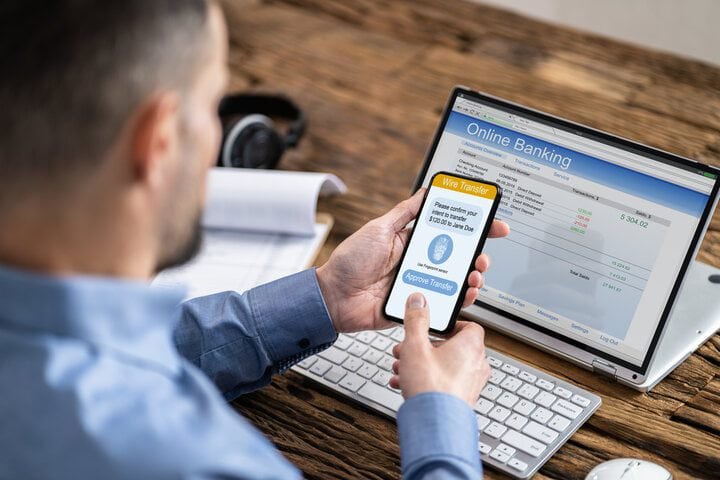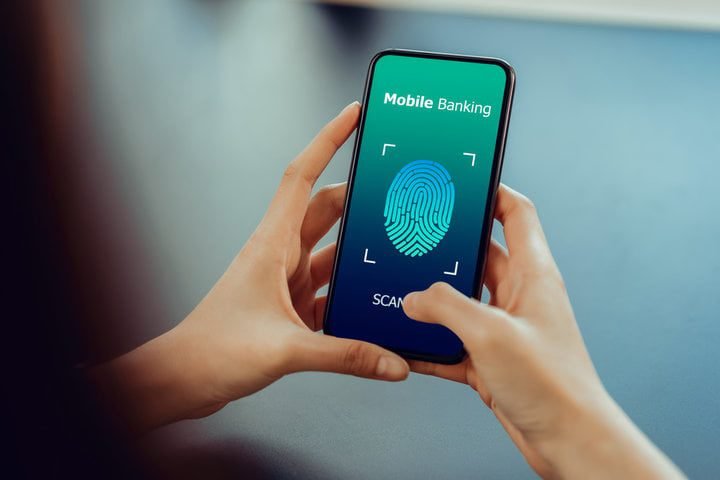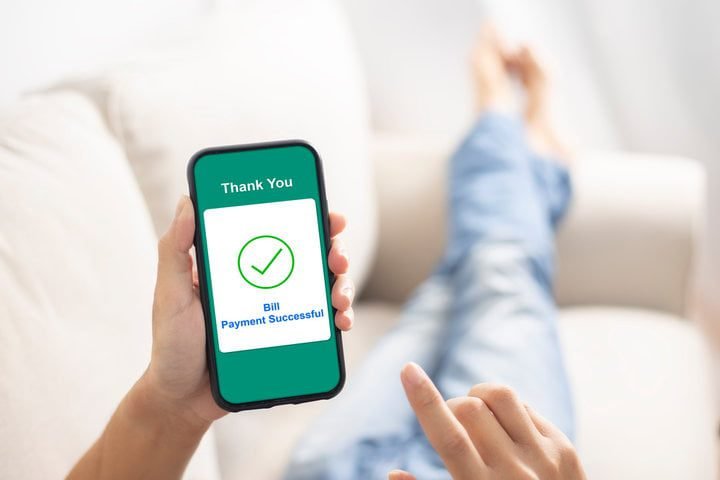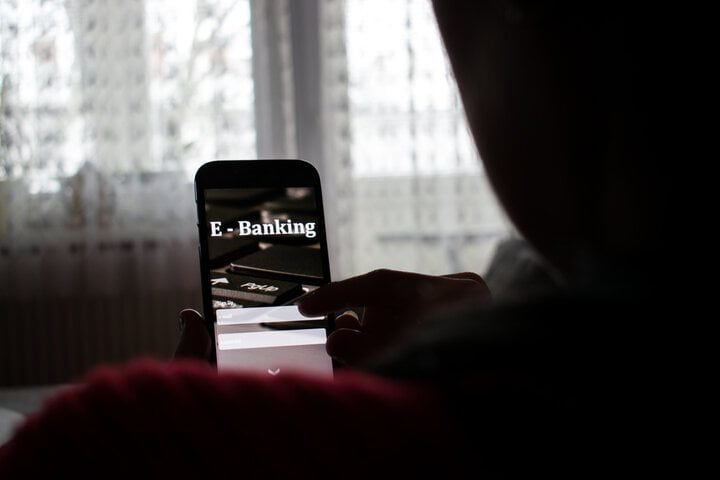E-banking is a method of banking in which the customer conducts transactions electronically via the Internet. It is a safe, fast, easy, and efficient electronic service that enables users to access their bank accounts to carry out financial transactions.
In This Article
E-banking, also known as electronic banking, has transformed the way Indians conduct financial transactions. In the Digital India programme, e-banking plays a pivotal role in achieving financial inclusion and empowering individuals across the country.
This article explores the various aspects of e-banking, its role in the Digital India initiative, and how it makes financial services accessible to all.
Digital India’s Vision for E-Banking
The Indian government has launched the ambitious program “Digital India” to make sure that all citizens have access to government services online. E-banking is a crucial component of this vision, as it facilitates digital financial transactions and brings banking services to people’s fingertips. The key features of e-banking in the Digital India program include:

Digital Payments
E-banking encompasses various digital payment methods, making it easy for individuals to conduct transactions without physical currency. These methods include:
- Debit and Credit Card
- Online and Mobile Banking
- Mobile Wallets
- Unified Payment Interface (UPI) and BHIM
- Aadhaar Enabled Payment Systems (AEPS)
- USSD Payments
For example, UPI has gained immense popularity in India, allowing users to link multiple bank accounts to a single mobile app. With UPI, users can easily transfer funds, pay bills, and make purchases.
National Payments Corporation of India (NPCI)
The National Payments Corporation of India (NPCI) is an umbrella organization for all retail payments in India. It was set up with the guidance and support of the Reserve Bank of India (RBI) and the Indian Banks Association (IBA) to create a robust payment and settlement infrastructure in India.
The NPCI serves as the backbone of the digital payment ecosystem in India. It provides infrastructure to the entire banking system in India for physical and electronic payment and settlement systems.
The ten core promoter banks are State Bank of India, Punjab National Bank, Canara Bank, Bank of Baroda, Union Bank of India, Bank of India, ICICI Bank, HDFC Bank, Citibank N.A., and HSBC.
The initiatives of NPCI include RuPay debit and credit card, Immediate Payment Service (IMPS), National Financial Switch (NFS) and Cheque Truncation System (CTS), Unified Payments Interface (UPI), Bharat Bill Payment System (BBPS), National Common Mobility Card (NCMC), National Electronic Toll Collection (NETC), etc.
Banking System in India

Immediate Payment Service (IMPS)
IMPS is for transferring funds in real-time, and that is 24x7x365. This service was launched on November 22, 2010. IMPS could be accessed on multiple channels like mobile, internet, ATM, SMS, branch, and USSD (*99#).
Cheque Truncation System (CTS)
The RBI implemented CTS as a cheque-clearing system to expedite cheque-clearing. It is based on an online image-based cheque-clearing system.
National Automated Clearing House (NACH)
It is a web-based solution to facilitate interbank, high-volume electronic transactions for banks, financial institutions, corporations, and governments that are repetitive and periodic. NACH System can be used for making bulk transactions towards distributing subsidies, dividends, interest, salary, pensions, etc.
National Financial Switch (NFS)
NFS provides basic transactions like Cash Withdrawal, Balance inquiry, PIN Change and Mini statements and also offers other value-added services like Card-to-Card Fund Transfers, Statement Requests, Mobile Banking Registration, etc.
Bharat Bill Payment System (BBPS)
It is a one-stop payment platform for all bills and is accessible anywhere to all customers across India. It supports multiple payment channels like the Internet, Internet banking, mobile banking, POS (point of sale terminal), mobile wallets, MPOS (mobile point of sale terminal), kiosks, ATMs, bank branches, agents, and business correspondence.
Unified Payments Interface (UPI)
UPI is a system that powers multiple bank accounts into a single mobile application, merging several banking features, seamless fund routing, and merchant payments into one hood. It also caters to the “peer-to-peer” collection request, which can be scheduled and paid as per requirement and convenience. A virtual payment address (VPA) is a unique identifier that you can use to send and receive money on UPI. Think of it as an email ID that you can use to transfer money.
BHIM
BHIM is a UPI-based payment interface that allows real-time fund transfers using a single identity, like your mobile number or name. BHIM is not a wallet. One can also dial *99# to avail of the features of BHIM without the internet on any mobile phone.
Aadhaar Enabled Payment Systems (AEPS)
AEPS is a system to expedite financial inclusion in the country by enabling Aadhaar-based financial transactions. AePS allows online financial transactions at PoS (MicroATM) through the representative of any bank using Aadhaar authentication. Individuals only need to mention their bank name, Aadhar number, and fingerprint for verification.

Unstructured Supplementary Service Data (USSD) Payments
This service allows mobile banking transactions using the basic features of a mobile phone; there is no need to have a mobile internet data facility for USSD-based mobile banking. *99# is a standard number across all telecom service providers. By linking your mobile number to your bank account, you can access interbank accounts to account fund transfers, balance enquiries, mini-statements, etc. There is a fund transfer limit of Rs 5,000/day and Rs 50,000/annum.
SSL Certificate in e-Banking
An SSL (Secure Sockets Layer) certificate is a digital certificate that authenticates the identity of a website and encrypts information sent to the server using SSL technology.
Encryption is the process of converting data into an undecipherable format that can only be read with the proper decryption key.
A certificate serves as an electronic passport that establishes an online entity’s credentials on the Web. When an Internet user attempts to send confidential information to a Web server, the user’s browser accesses the server’s digital certificate and establishes a secure connection.
An SSL certificate contains the following information:
- The certificate holder’s name
- The certificate’s serial number and expiration date
- A copy of the certificate holder’s public key
- The digital signature of the certificate-issuing authority
E-Banking and Financial Inclusion

One of the primary goals of the Digital India program is to bridge the gap between the banked and unbanked populations. E-banking has emerged as a powerful tool for achieving this objective. It brings financial services to the country’s remotest corners, making it easier for everyone to access banking services.
- For instance, in rural areas where physical bank branches are scarce, mobile banking with USSD codes has enabled residents to perform basic banking tasks, from checking account balances to transferring money.
- The AEPS system allows individuals in remote areas to use their Aadhaar information to conduct financial transactions, reducing the need for traditional banking infrastructure.
- NPCI’s RuPay cards have made banking services accessible to individuals previously excluded from the formal banking system.
E-Banking and Financial Literacy
Digital India’s vision for e-banking goes beyond providing access to financial services. It also emphasizes the importance of financial literacy. Individuals must be educated about the various e-banking tools and how to use them safely.
- Financial literacy programs are conducted to ensure that individuals understand the benefits and risks associated with e-banking.
- Users are taught about the security measures they should take to protect their financial information while using e-banking services.
- The government and financial institutions work together to spread awareness about e-banking’s advantages and the various initiatives under the Digital India program.
E-Banking and Inclusive Growth
The impact of e-banking on inclusive growth in India is undeniable. It has facilitated financial transactions, payments, and credit access for a vast population segment.
- In urban areas, people can pay bills, shop online, and manage their investments seamlessly through online and mobile banking platforms.
- Small business owners can access working capital loans and credit facilities, empowering them to grow their enterprises.
- In rural areas, farmers can receive government subsidies directly into their bank accounts, eliminating the need for intermediaries and reducing the leakage of funds.
Challenges and the Way Forward
While e-banking has come a long way in India, challenges still need to be addressed. These include issues related to connectivity, digital literacy, and data security. The government and financial institutions continue to work on solutions to make e-banking more accessible and secure.
- Improving internet connectivity in remote areas remains a priority to ensure all citizens can access e-banking services.
- Investments in digital literacy programs are crucial to ensure users can take full advantage of e-banking services.
- Data security measures, such as two-factor authentication and encryption, are continuously upgraded to protect users’ financial information.
Conclusion
E-banking is at the forefront of the Digital India program, bringing banking services within reach of all citizens. The various digital payment methods, the role of NPCI, and the emphasis on financial literacy have made e-banking a transformative force in India’s financial landscape.
The vision of Digital India is not just about digital payments; it is about ensuring that every Indian, regardless of their location or background, can participate in the formal financial system. As e-banking continues to evolve, it will play a crucial role in making this vision a reality.
In conclusion, e-banking is not just a modern convenience but a vehicle for financial inclusion and economic empowerment, aligning with the Digital India program’s mission to create a digitally empowered society and a knowledge economy. Through e-banking, the future of India’s financial landscape is becoming brighter and more inclusive for all.





